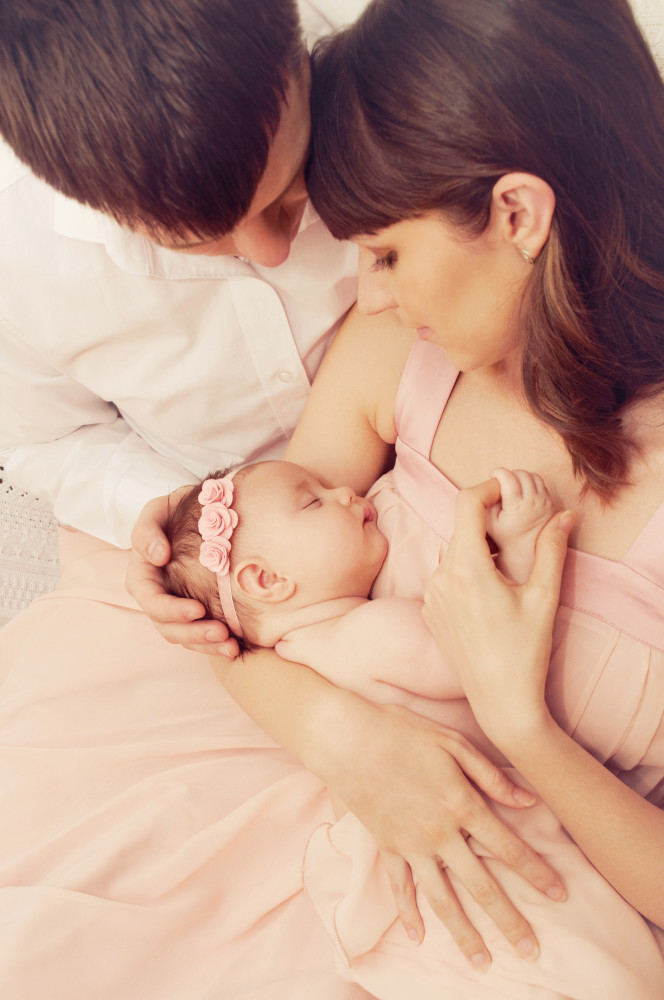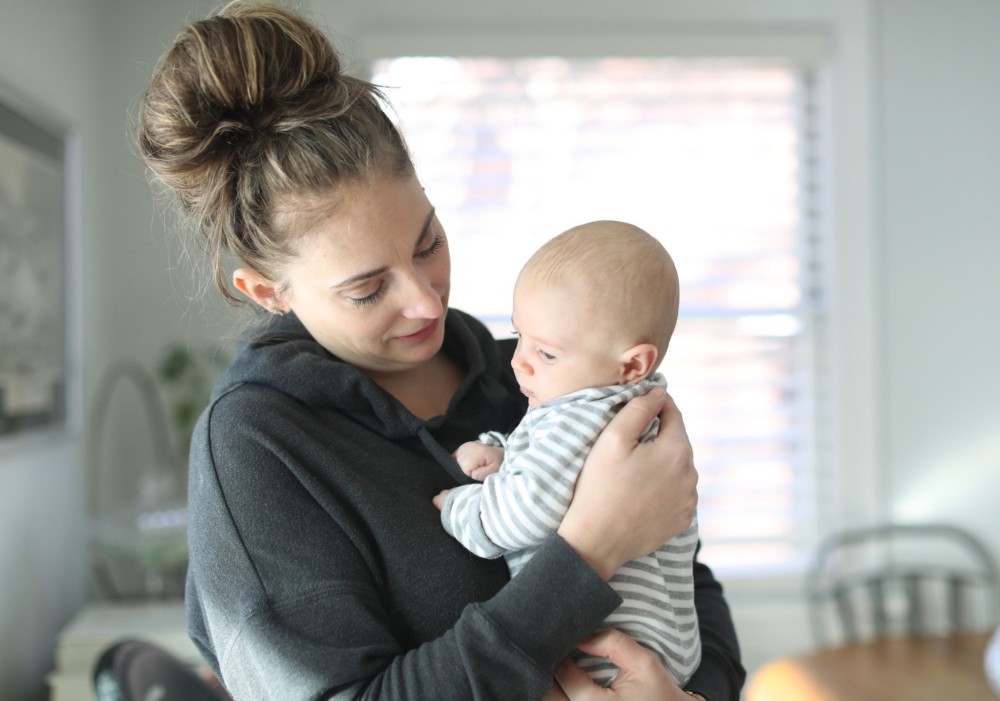By Alison Bowen
Chicago Tribune.
First name or last, whatever goes on the birth certificate always involves a considerable amount of discussion.
Some millennial moms are opting, if they do take their husband’s name, to give their last name as a first name to baby.
This trend isn’t necessarily new, Michele Weldon, author of “Escape Points,” a memoir involving her three sons, recently recalled how naming one of her boys Weldon cued a lifetime of people asking her if his full name was Weldon Weldon. (It’s not.)
But some say that as women seek options for their own name after they get married, taking their husband’s name, keeping theirs, hyphenating, giving a child their surname is popular for women who want to preserve it, in some shape or form.
Giving a baby a mother’s maiden name can be a way of balancing out parents’ last names, said Laura Wattenberg, author of “The Baby Name Wizard” website and book.
“This is a challenge that lots of couples are approaching in different ways,” Wattenberg said. “Whether or not the parents change their names at marriage, there’s a feeling that you want both families to be represented equally in the kids’ names.”
Wattenberg noted that this practice had long been a tradition in the South, where sons were often given the mother’s family name. But as society became a bit more egalitarian, now, it’s not assumed that someone gives up her maiden name, that tradition has eased, she said.
But moms, especially millennial moms, might be bringing it back. “We’re seeing a return to that sort of old-fashioned tradition,” Wattenberg said
Laurie Scheuble, a senior lecturer in sociology at Pennsylvania State University, has researched the naming of children. No research that she knows of exists just yet about women giving their surname to their child as a first name. But anecdotally, she does know a few people who have done it, largely those with last names that are similar to common first names.
Jennifer Carsen, who writes the blog mommytries.com, said she has noticed friends doing this, including a childhood friend who named her daughter Haley, the mother’s maiden name.
Especially as first names in general seem increasingly distinctive, she noted, “something that might never, ever have been on the table as a first name, say, 20 years ago is now in play as a possibility.”
This can be an alternative to hyphenating or including both last names if parents consider that a mouthful.
“This is a way to stick with a simpler name but still use both parents’ surnames,” Wattenberg said.
Wattenberg cautioned that the conversation for parents might not be finished, however.
“This is a solution for the first child,” she said. But for their siblings, “you really have to think hard coming up with a name that’s equally meaningful.”
Originality counts
When it comes to naming kids, there has been a huge shift away from a desire to fit in and toward a desire to stand out, says Laura Wattenberg. “I often have people saying to me, ‘I’m ruling out any name in the top thousand,'” she said.
Baby-naming conformity peaked in the 1950s, when half of baby boys in that decade were given one of the 25 most common names. Since then, parents have become increasingly creative in their choices, part of a broader cultural shift toward individualism.
But the diversification in baby naming truly exploded in the mid-1990s, concurrent with the rise of the Internet. Wattenberg says that’s no coincidence. Internet baby-naming sites afforded access to a tremendous amount of information about names, including the first-ever rankings, which the Social Security Administration began compiling in the 1990s. Online-message boards allowed soon-to-be parents to discuss names with a much broader circle, which fostered a competitiveness in baby naming.
“The Internet encourages people to think of baby names like user names,” Wattenberg laughs. “Once a name is taken, they think,
‘That’s it, I have to find a new one.'”















































































































































































































































































































































































